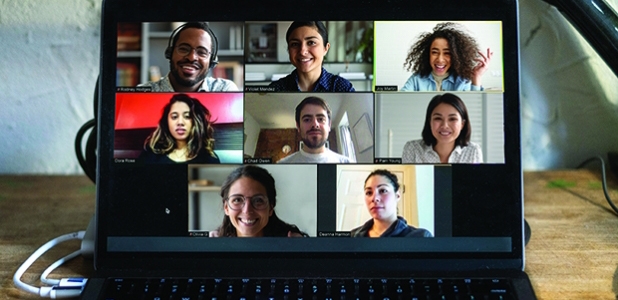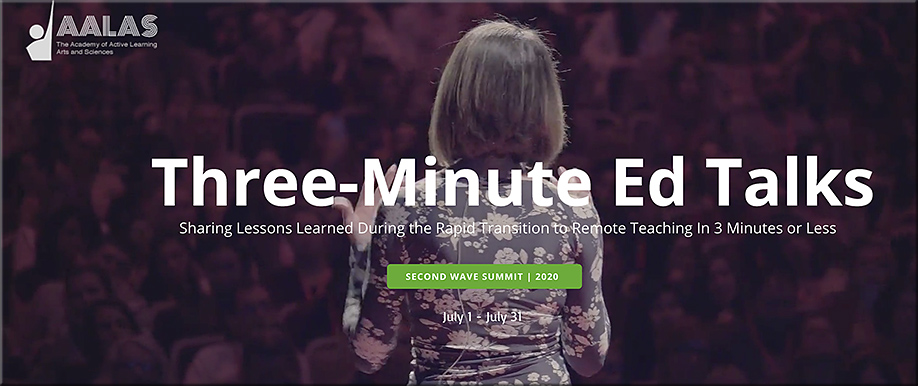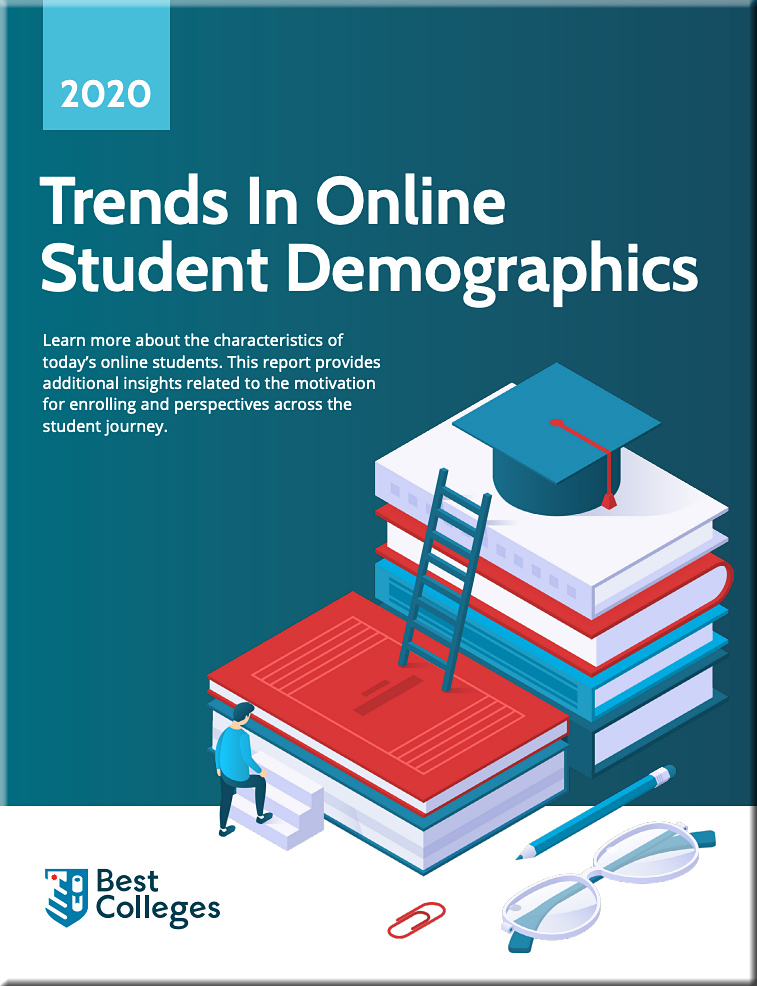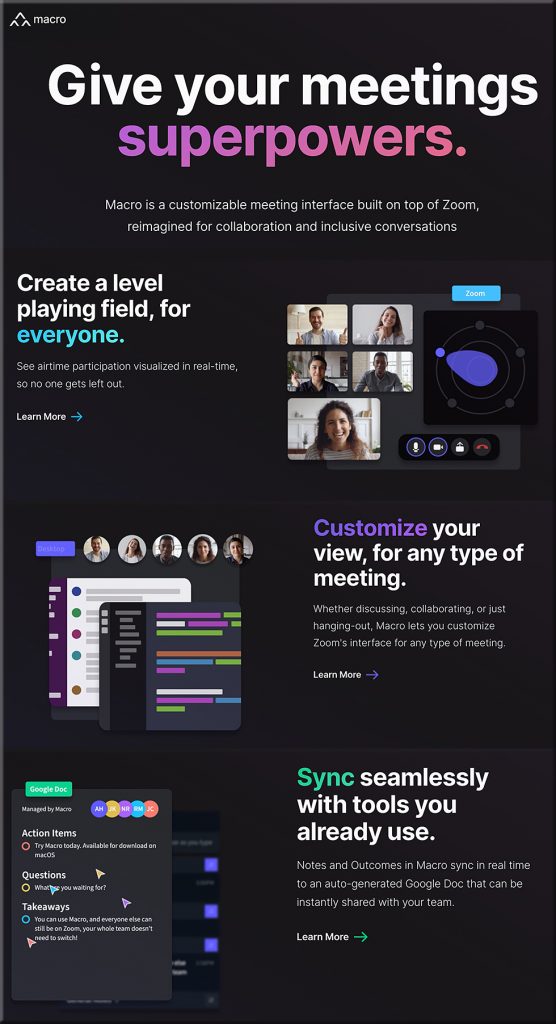Stay apart or stay home — from insidehighered.com by Greta Anderson
Colleges are implementing social contracts or making addenda to code of conduct policies requiring students to abide by social distancing guidelines this fall. Some institutions have said they will remove students from campus for noncompliance.
Excerpt (emphasis DSC):
As college leaders move ahead on plans to reopen their campuses this fall, it is becoming more clear that they lack confidence in their ability to control student behavior that can spread the coronavirus.
In addition to plans to regularly test students for COVID-19, college administrators are putting faith in conduct codes and written pledges that mandate students refrain from large gatherings, follow social distance guidelines and wear face masks. The administrators are setting up clear expectations for how students must conduct themselves and getting the message out through campus health campaigns and online training modules. What is less clear is how far colleges can go beyond their gates to enforce healthy behavior, which some students have already proven they are not willing to engage in.
She said it will also be important for campuses to come up with enforcement measures for noncompliance. A feasible university response to students who violate expectations is to remove or ban them from campus, she said.
From DSC:
Do we really think college-age students will wear masks all the time and practice social distancing? I agree with Professor Scott Galloway’s recent comments at the Remote Conference — i.e., that we are either delusional in thinking this will occur or worse, we are being dishonest.
I’m not saying this type of thing is an easy decision and I don’t envy those folks having to make such difficult decisions. But there will likely be some colleges and universities who go ahead and make the decision to bring their students back to campus — and they do so in order to keep their doors open and/or to meet their goals for their forecasted budgets. That is, they will be sure to get the students’ tuition $$, room and board, books, fees, etc., and then after a few weeks on campus, tell everyone to go back home and finish out the term online.
These organizations better think twice before following that strategy. That strategy is short-sided. It may work for one year — or maybe not even that. Perhaps only for one semester or only for one quarter. But the bottom line is that you will get ONE shot at doing the right thing. You may not be getting those students back, as their trust in your organization will have been shattered.
Even if that isn’t your organization’s strategy, it could turn out to be a trust/PR nightmare if such a situation develops at your campus. Your organization may be unfairly compared to or lumped with other organizations who followed this strategy.
Had this Coronavirus situation happened 30-40 years ago, it would have been a different situation I think — at least trust wise. But even prior to the Coronavirus hitting us, there has been a growing backlash against higher education, especially in the last 2 decades. These days, are colleges/universities really confident that when they enforce things (and play the “heavy”), there isn’t going to be an even bigger backlash? As we’re in the process of multiplying many of the changes that we are going through by 10 years, are we ready for a 10-year leap in the backlash against higher education?
I’m grateful that the law school where I currently work — the WMU-Cooley Law School — decided early on to keep all of our courses in a 100% online-based format for this fall. It was/is the right call I think, given the current circumstances and highly uncertain future. It does the best job of protecting the students, faculty, staff, and members of administration.
But all that said, I realize this is a tough situation; there are likely many issues no matter which route(s) we take. I just encourage people and organizations to be as transparent and honest as possible here. Trust in higher education as one of our key institutions is at stake.













